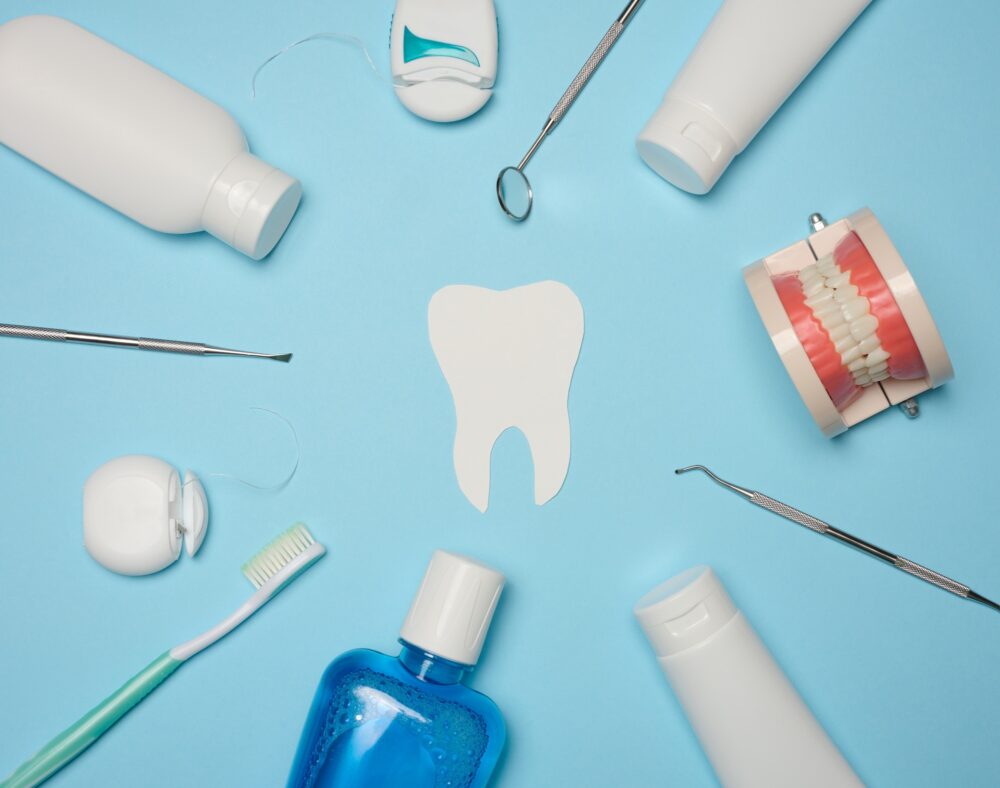Tooth sensitivity affects millions of people—causing pain when you drink something cold, eat something sweet, or even breathe in cold air. At Pecan Tree Family Dentistry, we offer gentle, science-based solutions like dental desensitizers to help reduce this discomfort quickly and safely.
🧬 What Are Dental Desensitizers?
A dental desensitizer is a material applied to the tooth surface to block pain signals and reduce dentin hypersensitivity. These are commonly used:
- During or after dental procedures
- For exposed root surfaces
- Before placing restorations
- In-office or as part of a home-care routine
😖 What Causes Tooth Sensitivity?
Tooth sensitivity often occurs when dentin becomes exposed, allowing external stimuli (cold, heat, air, touch) to reach the tooth’s nerve.
Common causes:
- Gum recession
- Enamel erosion
- Whitening sensitivity
- Brushing too hard
- Post-treatment sensitivity
Inside your dentin are microscopic tubules—tiny channels leading directly to the tooth’s nerve. When these tubules are exposed, discomfort follows.
🧪 Types of Desensitizers and How They Work
Dental desensitizers work through one of two main mechanisms: tubule occlusion or nerve desensitization.
1. Tubule Occlusion Agents
These physically block dentinal tubules, reducing the passage of stimuli.
- Glutaraldehyde + HEMA (e.g., Gluma®)
Coagulates proteins and seals tubules with resin tags - Calcium Phosphate (NovaMin, ACP)
Deposits hydroxyapatite-like minerals in tubules - Arginine and Calcium Carbonate (Colgate Sensitive Pro-Relief)
Mimic natural tooth minerals to plug exposed tubules
2. Nerve Desensitization Agents
These reduce nerve excitability inside the tooth.
- Potassium Nitrate
Depolarizes nerve endings to prevent pain transmission
Found in many OTC desensitizing toothpastes
3. Resin-Based Desensitizers
These are used primarily in restorative dentistry.
- Penetrate tubules and form a polymerized barrier
- Used during bonding protocols to minimize post-op discomfort
- May be built into universal adhesives
🏥 When Do Dentists Use Desensitizers?
Desensitizers are used in a variety of situations, including:
- Before composite or indirect restorations
- For non-decay cervical abrasion or gum recession
- After deep cleanings or root planing
- In conjunction with whitening treatments
⚠️ Are Desensitizers Safe?
Yes—when applied correctly. Most are biocompatible and well-studied. Products containing glutaraldehyde should be handled with care, but they are safe in clinical concentrations.
⏳ How Long Does Relief Last?
The duration varies by product and severity of the condition:
- Some offer immediate, short-term relief
- Others provide long-term protection with repeated use
- Combining with fluoride varnish can extend the effect
😊 Final Thoughts: Relief Is Within Reach
If you’re tired of avoiding ice cream or hot coffee, desensitizers may be the solution. Whether you’re dealing with daily sensitivity or post-procedure discomfort, we’ll tailor the right treatment to help you stay pain-free.
📞 Call (972) 562-0767 or book online



